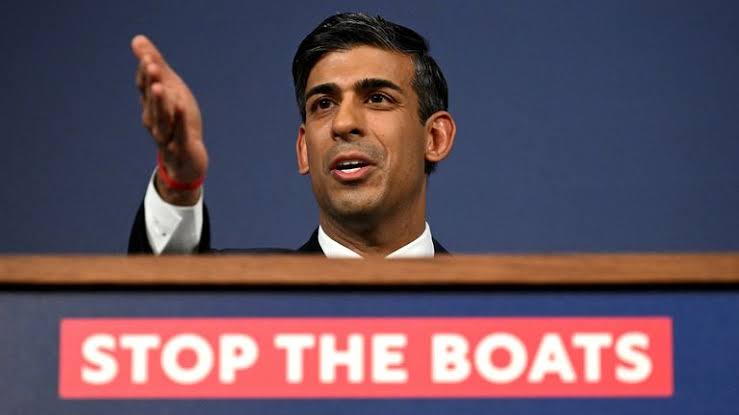
Faith Nyasuguta
Johannesburg, Africa’s wealthiest city, grapples with a severe water crisis amidst a summer heatwave, affecting nearly 6 million residents.
The shortage, ongoing for almost two weeks, impacts 50% of Johannesburg Water’s service area, causing significant disruptions to businesses and healthcare facilities. Nurses report challenges in maintaining hygiene standards due to the lack of water supply.
The crisis stems from an initial incident on March 3rd when a crucial pump station malfunctioned following a lightning-induced power outage. This event exacerbated existing challenges within Johannesburg’s water infrastructure, plagued by age-related issues and inadequate maintenance.
Mlimandlela Ndamase, spokesperson for the city’s mayor, acknowledges these systemic problems but also highlights the need for new infrastructure development to address long-term sustainability.
However, critics attribute the crisis to governmental incompetence, sparking small-scale protests across the city. Nombuso Shabalala, spokesperson for Johannesburg Water, concedes to human error, revealing that a bulk supplier valve had been inadvertently closed, further restricting water supply. Despite efforts to rectify the situation by reopening the valve, concerns linger about the city’s capacity to manage such emergencies effectively.

Anja du Plessis, a water expert at the University of South Africa, emphasizes systemic deficiencies, including a lack of transparency, accountability, and political will, exacerbating the crisis. She points to a dysfunctional municipality, inadequate skilled personnel, and insufficient financial resources for infrastructure maintenance, underscoring the need for comprehensive reforms to address underlying issues.
The water shortages coincide with South Africa’s ongoing energy crisis, characterized by frequent scheduled blackouts lasting up to ten hours a day. This broader energy challenge compounds the difficulties faced by residents already grappling with water scarcity.
In response to the crisis, Johannesburg Water has deployed water tankers across the city to alleviate immediate water needs. While most systems are now in the process of recovery, the incident underscores the urgent need for proactive measures to enhance water infrastructure resilience and address systemic vulnerabilities.
As Johannesburg navigates through this water crisis, stakeholders are increasingly calling for comprehensive reforms to strengthen infrastructure, enhance governance, and ensure long-term water security for its residents. The incident serves as a stark reminder of the critical importance of proactive planning and investment in sustainable water management practices to mitigate the impact of future crises.
Addressing these underlying issues requires a multi-faceted approach, encompassing policy reforms, infrastructure investments, and community engagement to build resilience and ensure equitable access to water resources for all residents.
RELATED:




